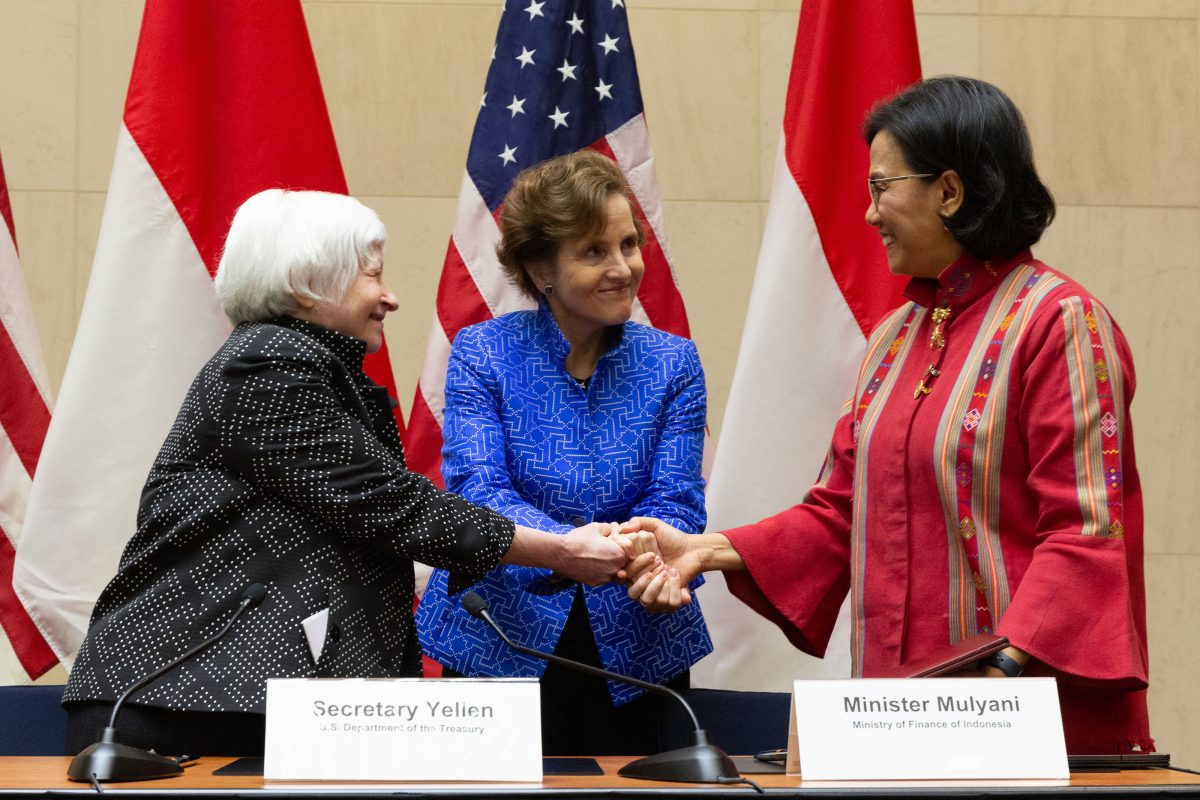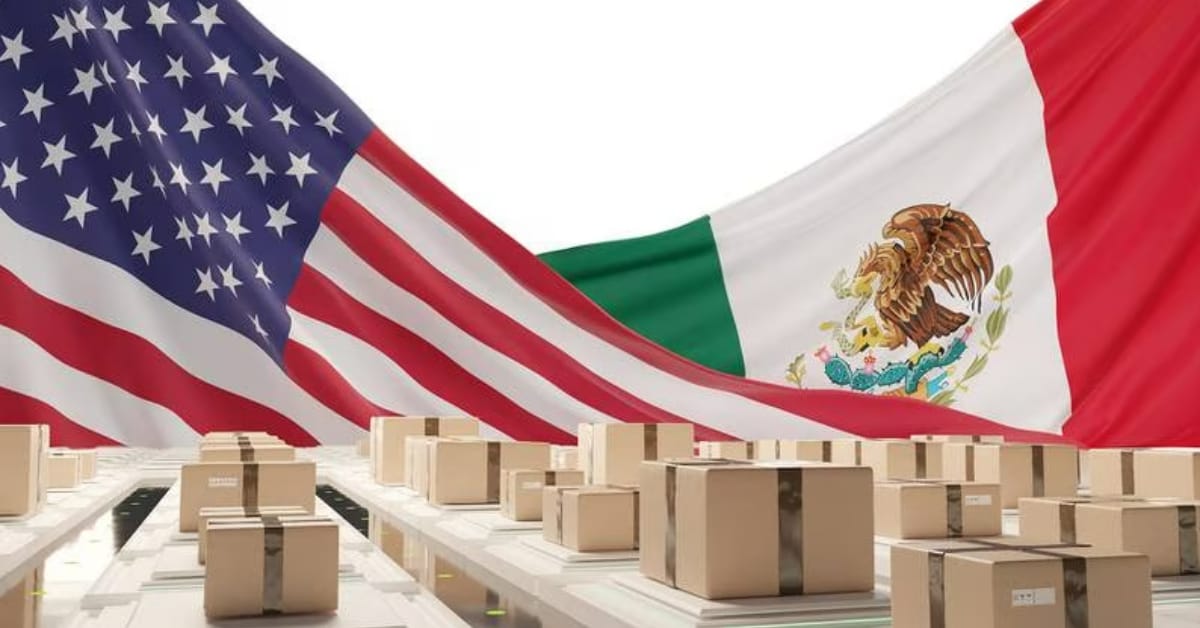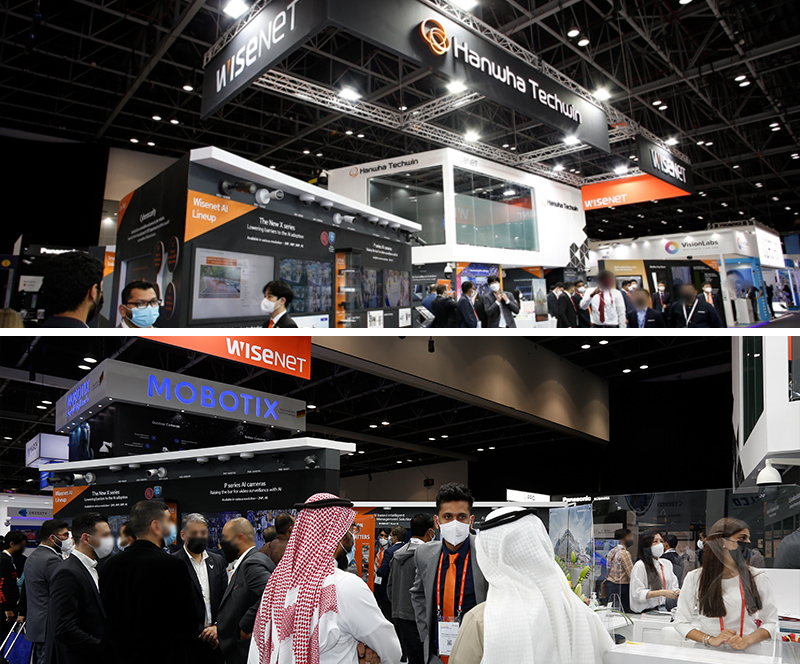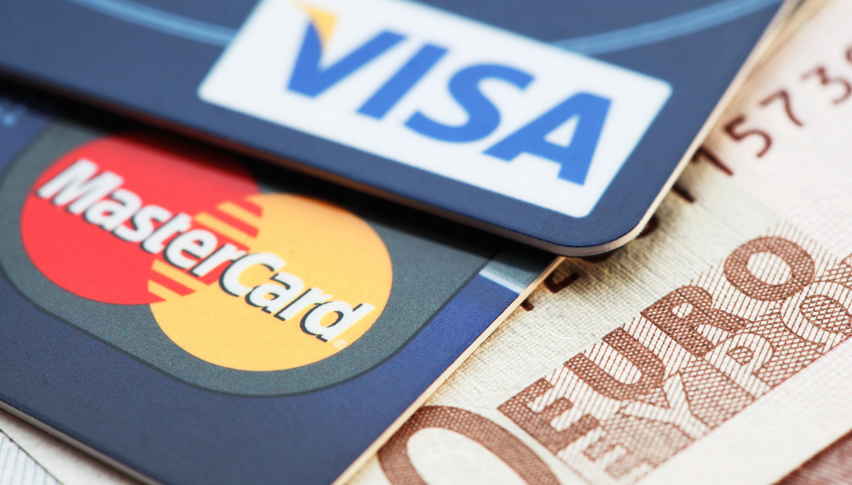Alright folks, hold onto your hats! According to a breaking report from the Japan Daily News, Japan’s Minister of Economic Revitalization, and frankly, their heavy hitter in these US tariff talks, Akasawa Teruoki, is prepping for a trip stateside. He’s going to sit down with US Treasury Secretary Janet Yellen to hash out these damn tariffs.

This isn’t just some polite chat, people. This is a high-stakes game where Japan’s economic future is on the line. The US has been flexing its tariff muscle, and Japan is feeling the squeeze. Akasawa’s mission? To defend Japanese interests, and hopefully, knock some sense into our American counterparts. Let’s see if he can pull it off.
Let’s dive a little deeper into the mechanics of tariffs and trade negotiations:
Tariffs are essentially taxes imposed on imported goods. They’re used for a variety of reasons, from protecting domestic industries to retaliating against unfair trade practices. But they often lead to higher prices for consumers and can disrupt global supply chains.
Trade negotiations, like the one Akasawa is embarking on, are complex dance. Both sides need to weigh their leverage – what they can offer and what they absolutely cannot concede. It’s a delicate balancing act requiring serious finesse.
Understanding currency exchange rates is also crucial. A weaker yen, for example, can make Japanese exports cheaper and more competitive, potentially mitigating the impact of tariffs. Conversely, a stronger yen hurts exports.
Knowing the history of trade relations is also important. Past agreements, disputes, and political climates all shape the current negotiation landscape. It’s never just about the numbers at hand.
And finally, remember the broader geopolitical context. Trade isn’t happening in a vacuum. International relations, security concerns, and even domestic politics all play a role.






